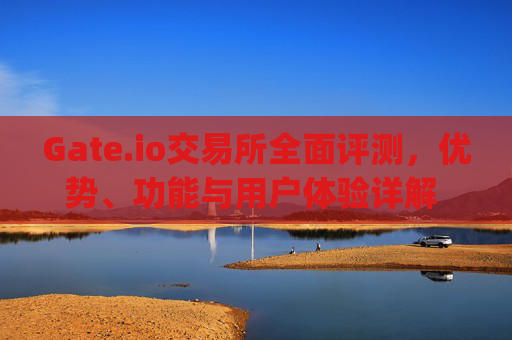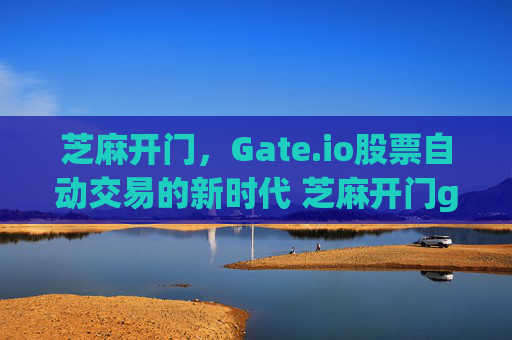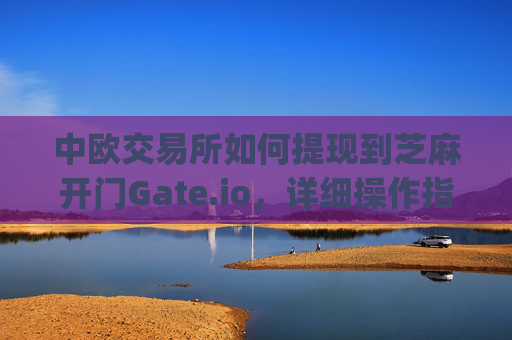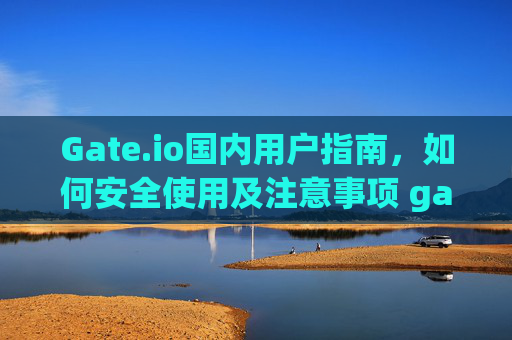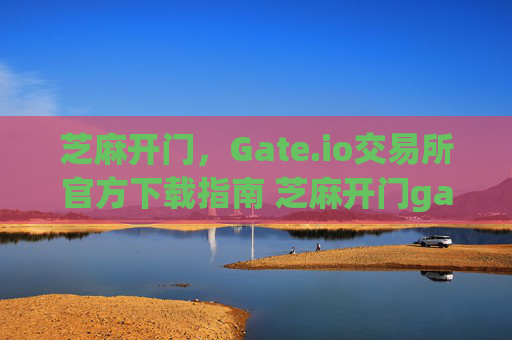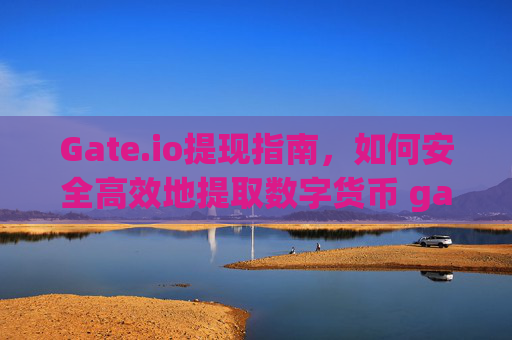本文目录导读:
- Introduction
- Gate.io: A Brief Overview
- US Cryptocurrency Regulations: A Complex Landscape
- Gate.io and the US Market: Compliance Challenges
- Alternatives for US-Based Traders
- The Future of Gate.io and US Crypto Markets
- Conclusion
Introduction
The cryptocurrency market has grown exponentially over the past decade, attracting investors, traders, and regulators worldwide. Among the key players in this space is Gate.io, a global cryptocurrency exchange that has gained significant traction. Meanwhile, the United States remains one of the most influential markets for digital assets, with strict regulatory frameworks shaping the industry. This article explores the relationship between US cryptocurrency regulations and Gate.io, examining how the exchange operates within the evolving digital finance landscape.
Gate.io: A Brief Overview
Gate.io is a cryptocurrency exchange founded in 2013, offering a wide range of digital assets for trading, including Bitcoin (BTC), Ethereum (ETH), and numerous altcoins. Known for its robust security measures, liquidity, and innovative trading products, Gate.io has become a preferred platform for traders worldwide. Some key features include:
- Spot and Futures Trading: Supports both traditional spot trading and leveraged derivatives.
- Decentralized Finance (DeFi): Integrates DeFi services, including staking and yield farming.
- High Liquidity: Facilitates large-volume trades with minimal slippage.
- Security: Implements multi-signature wallets, cold storage, and two-factor authentication (2FA).
Despite its global reach, Gate.io faces challenges in the US market due to regulatory constraints.
US Cryptocurrency Regulations: A Complex Landscape
The United States has one of the most stringent regulatory environments for cryptocurrencies. Key regulatory bodies include:
- Securities and Exchange Commission (SEC) – Oversees securities laws, classifying some tokens as securities.
- Commodity Futures Trading Commission (CFTC) – Regulates crypto derivatives and futures.
- Financial Crimes Enforcement Network (FinCEN) – Enforces anti-money laundering (AML) and know-your-customer (KYC) policies.
- Office of Foreign Assets Control (OFAC) – Monitors sanctions compliance.
Key US Crypto Regulations Affecting Exchanges
- Bank Secrecy Act (BSA): Requires exchanges to implement AML and KYC procedures.
- Howey Test: Determines whether a cryptocurrency qualifies as a security.
- Travel Rule: Mandates exchanges to share transaction details for transfers over $3,000.
- State-Level Licensing: Some states (e.g., New York) require a BitLicense to operate.
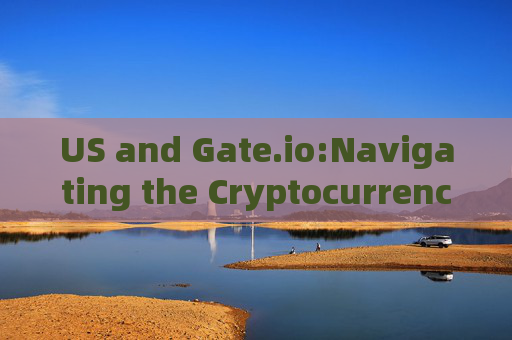
These regulations create compliance hurdles for exchanges like Gate.io, which must navigate complex legal requirements to serve US customers.
Gate.io and the US Market: Compliance Challenges
Restricted Access for US Users
Due to regulatory uncertainties, Gate.io does not officially serve US-based customers. The exchange blocks IP addresses from the US and requires KYC verification, which excludes users from restricted jurisdictions.
Regulatory Risks for US Traders
Some US traders attempt to bypass restrictions using VPNs, but this carries risks:
- Account Freezing: Gate.io may suspend accounts detected using VPNs.
- Legal Consequences: US authorities may penalize users for violating financial regulations.
Gate.io’s Compliance Strategy
To expand responsibly, Gate.io has taken steps such as:
- Strengthening KYC/AML protocols to prevent unauthorized access.
- Avoiding unregistered securities listings to comply with SEC rules.
- Exploring partnerships with compliant US-based exchanges.
Alternatives for US-Based Traders
Since Gate.io is not available in the US, traders must consider compliant alternatives:
- Coinbase – Fully regulated, supports fiat deposits, and complies with SEC guidelines.
- Kraken – Offers futures trading and adheres to US regulations.
- Binance.US – A restricted version of Binance, compliant with US laws.
- Gemini – Regulated by NYDFS, known for strong security.
Each platform has trade-offs in fees, asset selection, and features compared to Gate.io.
The Future of Gate.io and US Crypto Markets
Potential Expansion into the US
If Gate.io seeks to enter the US market, it must:
- Obtain necessary licenses (e.g., BitLicense, MSB registration).
- Work with regulators to ensure compliance.
- Limit trading to approved assets.
Impact of US Regulations on Global Exchanges
US policies influence global crypto markets. Exchanges like Gate.io must balance innovation with compliance to avoid legal repercussions.
Decentralized Exchanges (DEXs) as an Alternative
Some traders turn to DEXs like Uniswap to bypass centralized exchange restrictions. However, DEXs lack fiat support and may still face regulatory scrutiny.
Conclusion
The relationship between Gate.io and the US market highlights the challenges of operating in a heavily regulated crypto environment. While Gate.io remains a top choice for international traders, US users must rely on compliant alternatives. As regulations evolve, exchanges must adapt to maintain growth while adhering to legal standards. The future of crypto in the US will depend on clearer policies, innovation-friendly frameworks, and collaboration between regulators and industry players.
For now, traders should prioritize security, compliance, and due diligence when engaging with cryptocurrency exchanges—whether using Gate.io or US-based platforms. The dynamic nature of digital assets ensures that the landscape will continue to shift, requiring constant adaptation from all stakeholders.


